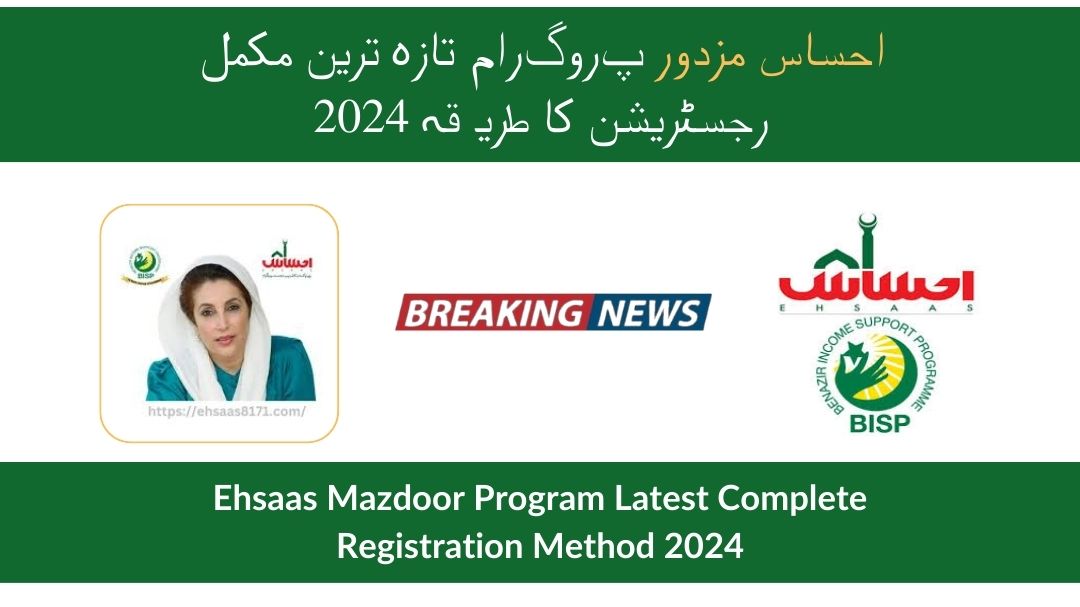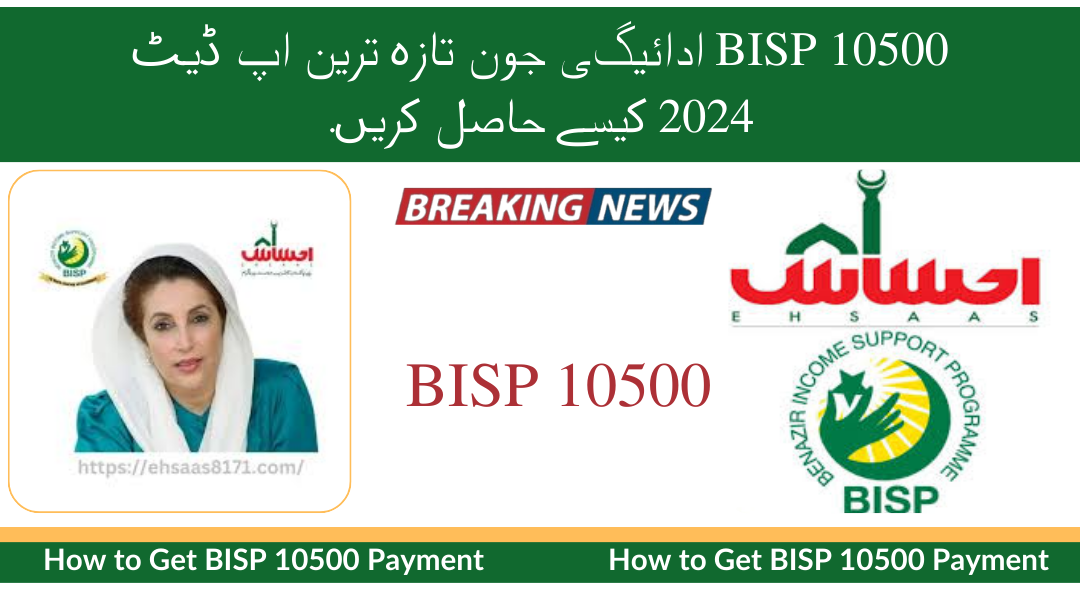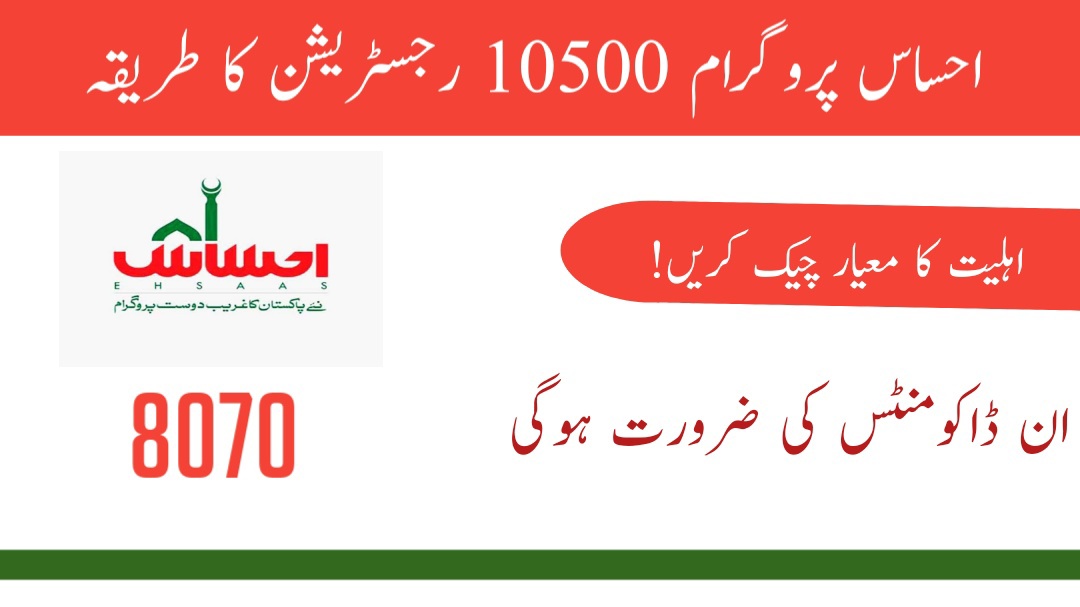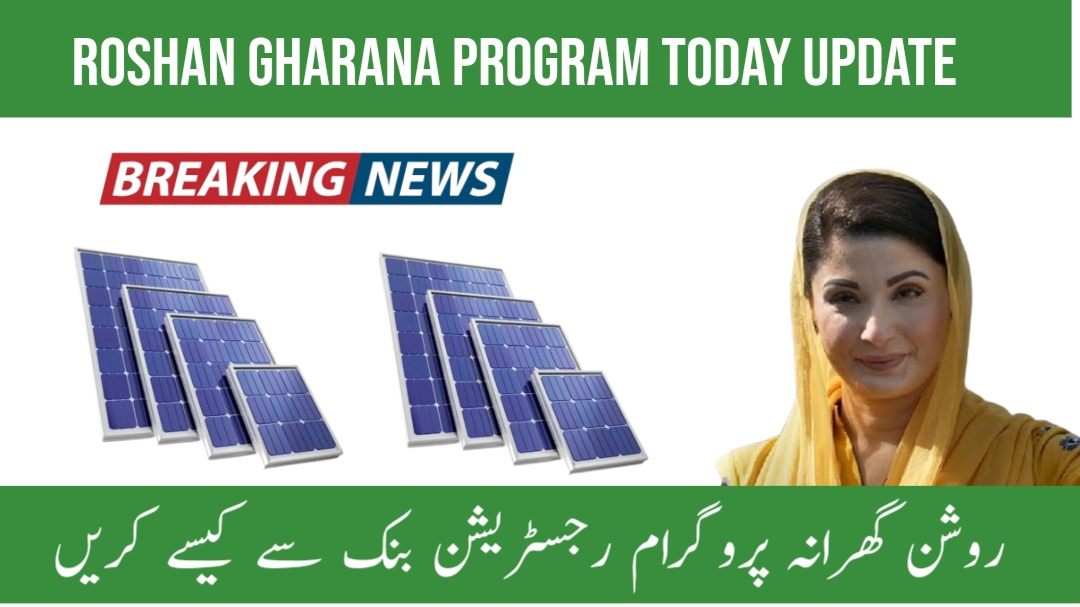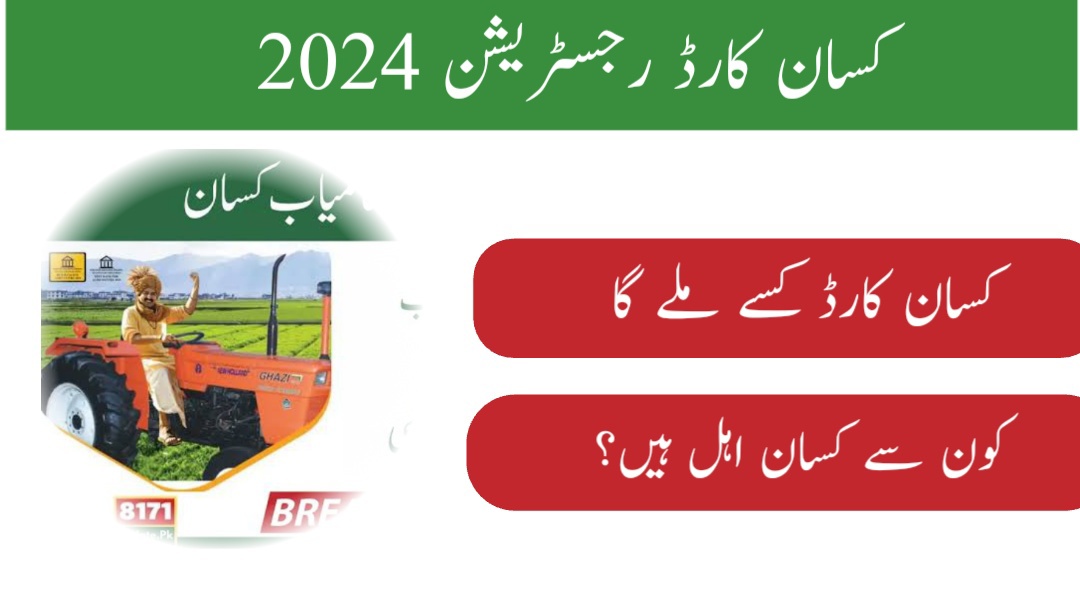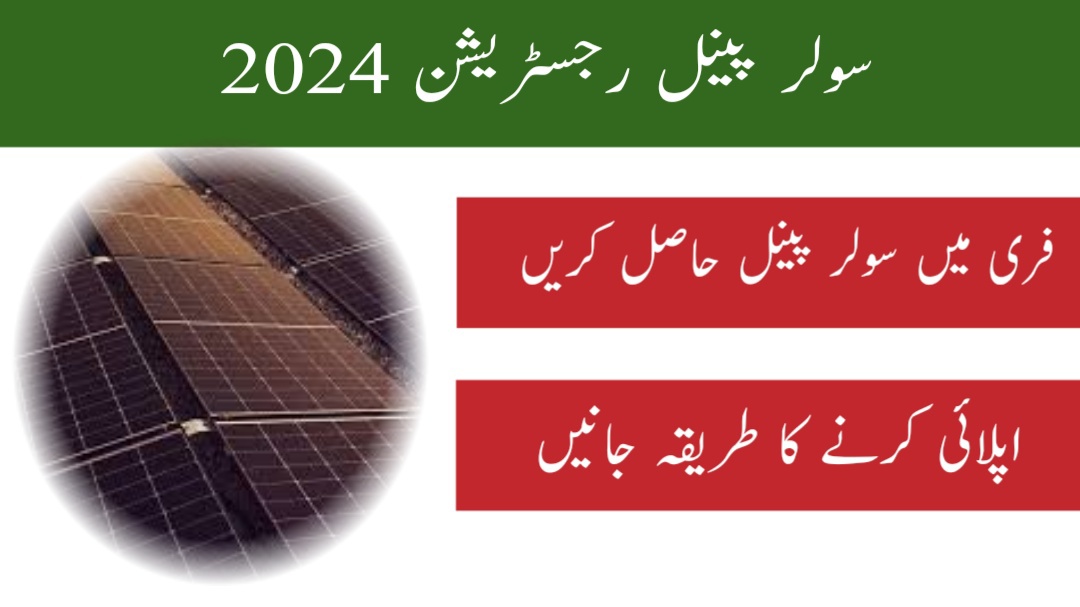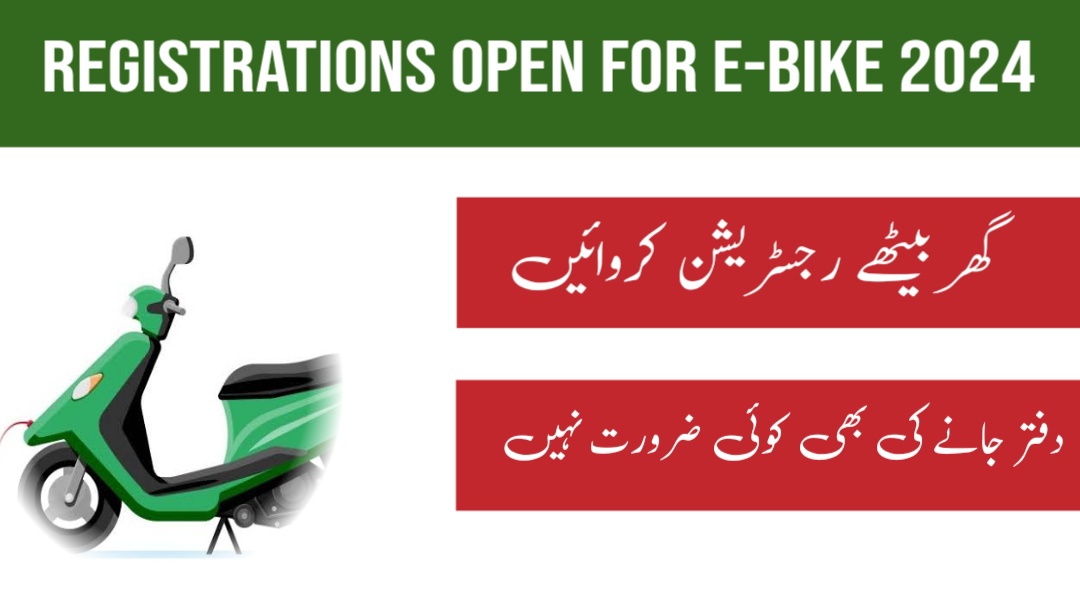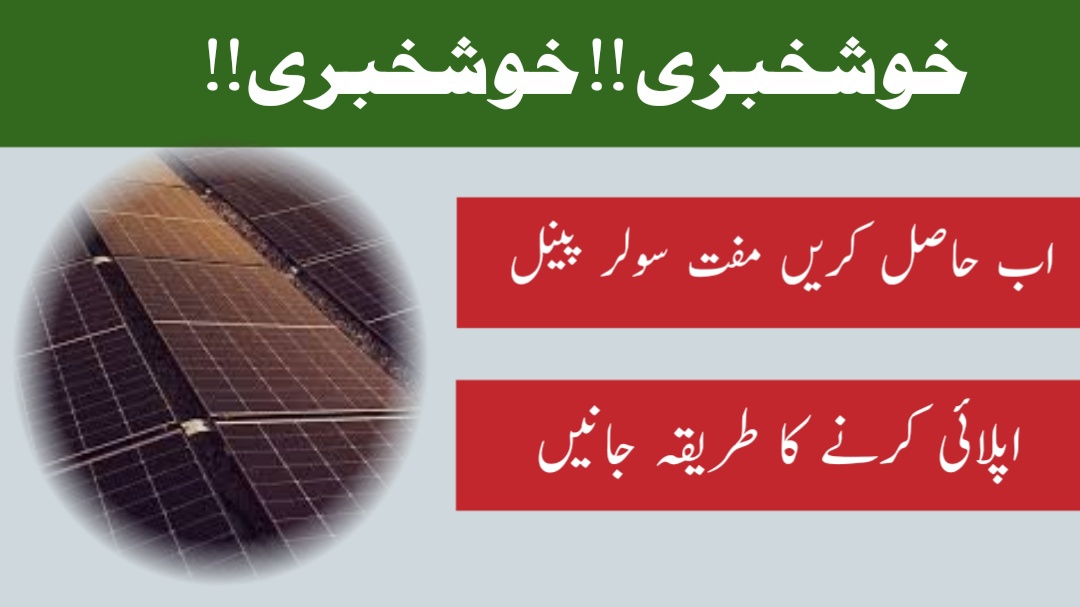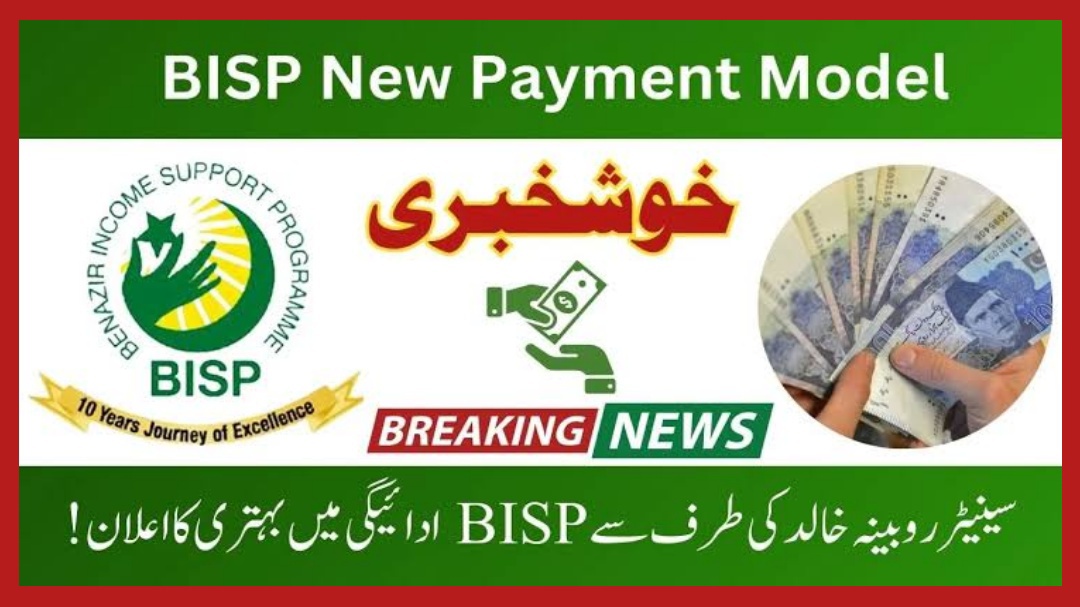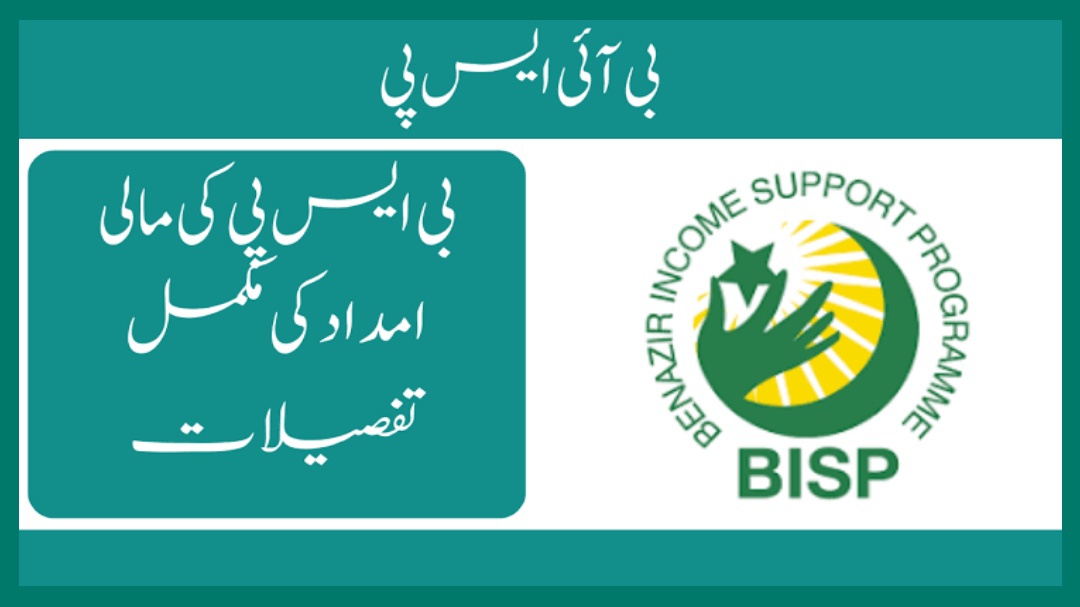Introduced by Chief Minister Maryam Nawaz Sharif’s Punjab government, the 8800 Solar Panel Scheme seeks to give low-income households free and discounted solar panels. Part of an endeavor to encourage renewable energy and lower electricity prices for 50,000 houses in the province, this project is called the Roshan Gharana Scheme.
The goal of the 8800 Solar Panel Program
| Aspect | Details |
|---|---|
| Objective | Free/subsidized solar panels for low-income households. |
| Eligibility | Punjab residents, non-government staff, proof of electricity usage. |
| Application | Collect form at Bank of Punjab, submit with required documents. |
| Verification | SMS 8800 with CNIC for eligibility status. |
The main objective of the 8800 Solar Panel Scheme is to give households with limited means sustainable electrical options. The government wants to reduce electricity costs and improve residents quality of living by spreading solar panels. Families consuming up to 200 electricity units monthly will get free solar panels in the first phase; those using between 200 and 500 units will get panels without interest. Families utilizing more than 500 units will have government coverage of 75% of the expenses.
Also Read : August 2024 Government Solar Panel Scheme Easy Guide Latest update!
Eligibility Guidelines

Families must fulfil various criteria to be eligible for the 8800 Solar Panel Scheme. Candidates have to be from Punjab and carry a current Pakistani ID card. Not eligible are government staff members. Families must provide evidence of their prior six-month electrical consumption. Families having a Punjab identity card can apply even when they live outside Punjab. These policies guarantee that Punjab’s low-income households get the solar panels.
Essential Information
Applications for the 8800 Solar Panel Scheme must provide numerous crucial documentation. These comprise documentation proving the family’s monthly income, authorization letters from the property owner, a scanned copy of their national identity card (CNIC), and current electricity bills displaying their usage. These records are required to handle the applications correctly and confirm that the candidates satisfy the eligibility requirements.
Registration Mechanism
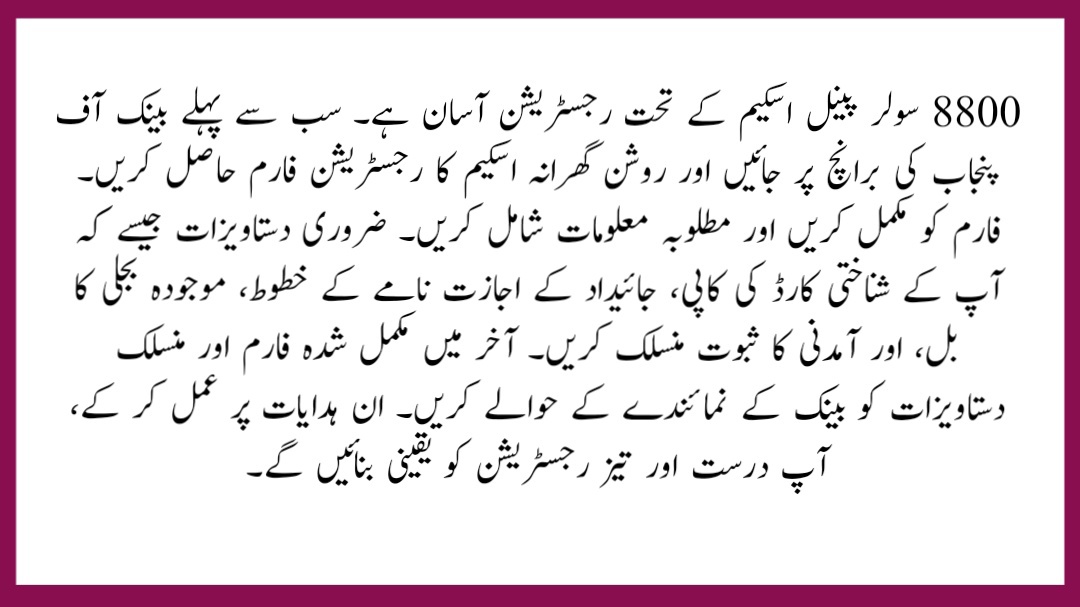
Registering under the 8800 Solar Panel Scheme is easy. See a Bank of Punjab branch first to pick up a Roshan Gharana Scheme registration form. Complete the form adding the required information. Attach then the necessary paperwork, including your CNIC copy, letters of property authorization, a current electricity bill, and income evidence. At last forward the finished form and accompanying documentation to the bank representative. By using these guidelines, you will guarantee accurate and quick registration.
- verifying eligibility using 8800 Code
- Families can find their scheme eligibility by running the 8800 code:
- Send SMS: Text 8800 the ID card number of the applicant.
- Receive answer: The system will reply with qualifying data.
- Families may easily find out whether they are eligible for the solar panel plan using this straightforward approach.
Application Procedure
Applying for the 8800 Solar Panel Scheme calls for multiple phases:
- Send an SMS including the applicant’s name, CNIC number, and eight 800 power bill amount.
- Get a special application number and link to an online form.
- Complete the Fill Out Form. Upload the essential papers and finish the online application with the required information.
- Send in the application online and wait for acceptance.
These actions simplify the application procedure so that any qualified family can access it.
Conclusion
A major project by the Punjab government to assist low-income households with environmentally friendly energy sources is the 8800 Solar Panel Scheme The project seeks to lower electricity costs and advance renewable energy in the province by offering free and subsidized solar panels. Families are urged to investigate their eligibility and apply to gain from this worthwhile initiative.
